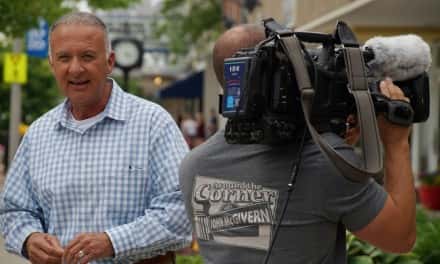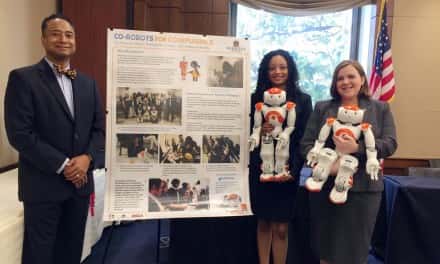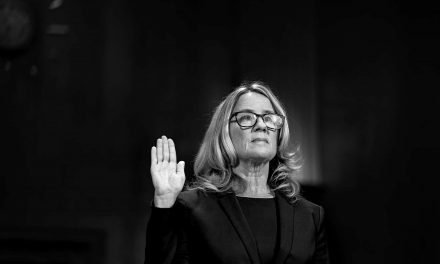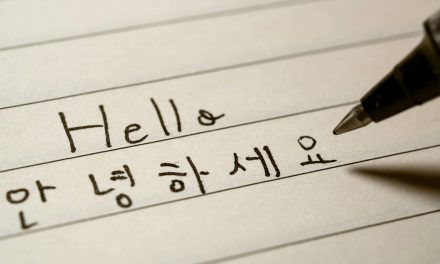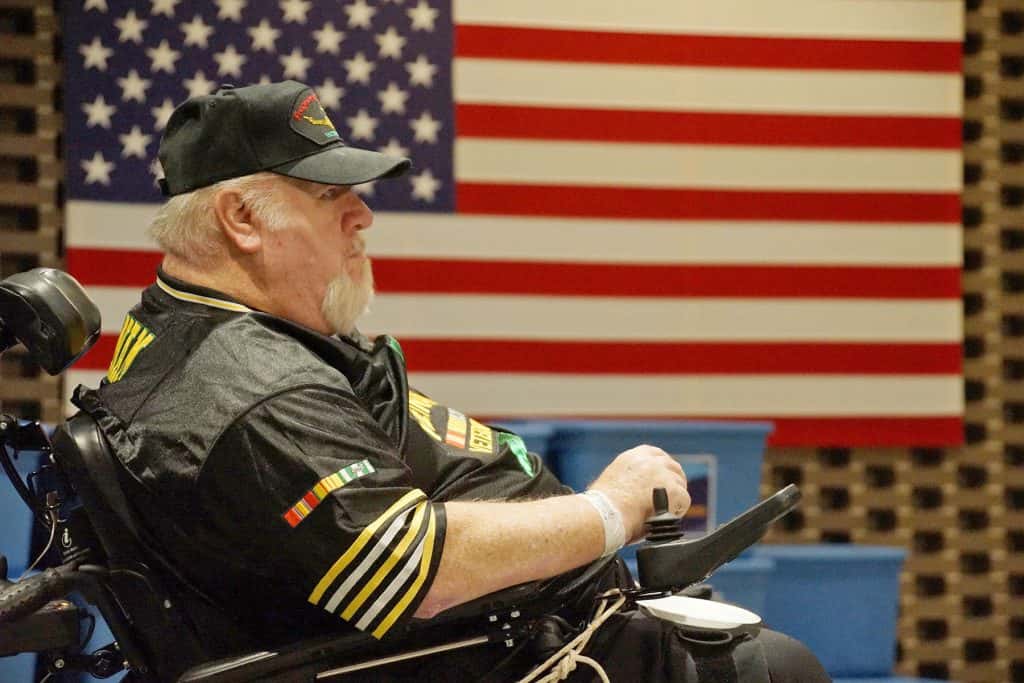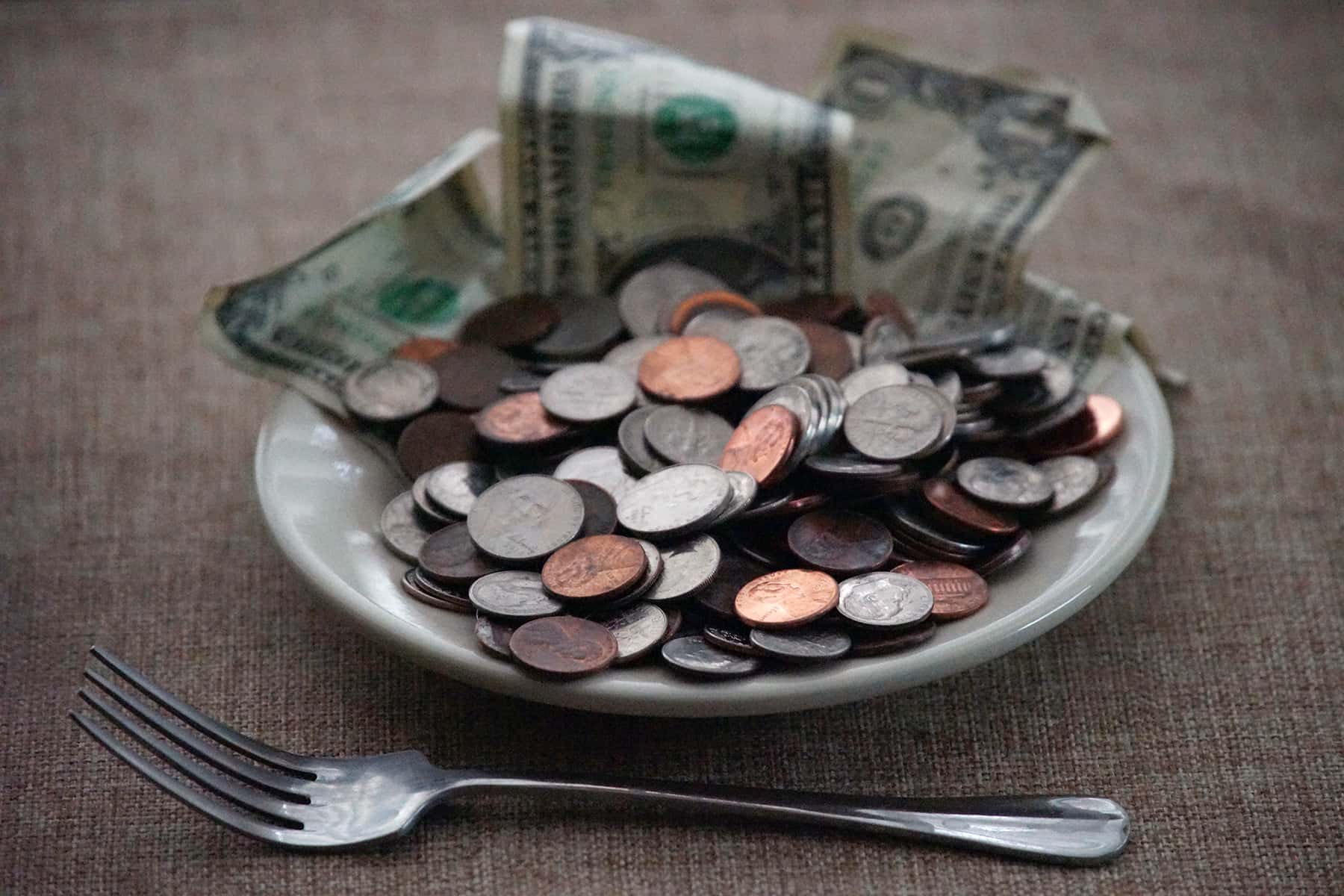
The money you disburse into the marketplace is your point of power. It is where you have agency. How you purchase goods, who you hire, even what you pay for a haircut, supports or devalues, depending on your relationship with money.
Those pocketbook decisions are as intentional as your vote, but the effect is much less convoluted. You can elect someone who shares your values, but there are intercepting concessions, more players, and more influences.
When you buy goods or services from a small business owner, even if it costs more, you have voted for more of that kind of commerce. You are investing in worthy neighborhood activity, and a more direct understanding of consumer’s needs helps shape the success of those businesses.
Our money has relations in politics, corruption, sex trades, and oppression. It is the undercurrent of ocean-sized issues. “Follow the money” could be a personal mantra to stay consciously ethical to your beliefs and mind the flow of your contributions.
For those who seek solutions to major social issues, digging down past symptoms to find root causes, ultimately you will cross the path of money. And, further beyond money, rest the sins of mankind – greed, pride, envy, lust, and sloth. Greed begets money and money gives rise to injustices.
In Money, Come Dance With Me, author Gale West urges us to see that money has a consciousness and we are the transceivers into the “energy” field, which includes the economy. She points out that the derivative of the word “wealth” is related to the word “well-being.” However, proverbs of her youth like “it’s easier for a camel to go through the eye of a needle than a rich man to go to heaven” imprinted the idea that money could never be spiritual because it was stuck in a paradigm of domination and greed.
As a transformational life coach, she trains people to see the higher values of money as a great spiritual teacher by showing us our collective beliefs, fears, and limitations. Many of us are money hungry, starved for more without satiation, even when our basic needs are met.
West explains how, “we can help shift the personal and communal paradigm of our relationship with money and success to facilitate a more collaborative, equitable world where all can thrive…experiencing money as a dynamic, living force field of love connecting peoples, cultures and marketplaces.”
Steven Covey, author of The 7 Habits of Highly Effective People, uses the term “Circle of influence” as the proactive action of what you can do, where it counts, and how to initiate change with what you have influence over.
One of the reasons that people become apathetic to troubling political events, or tragic news stories, especially from far away places is because they lack agency. They cannot necessarily act in a manner that will have any immediate or long-term impact.
In my interfaith work, I am aware that people with privilege want to solve problems that are beyond their reach. “How can I help?” is a fair question. However, while it is important to understand the mechanics of eco justice, mass incarceration, hate crimes or sexism, if you reach too far to “make it better” it can appear pretentious or patronizing. Many of the do-gooders I know can not see their muddled beliefs around money. This is not to discount their desires to help or ability to disseminate information, these are just the blind spots we have around money.
Rather than a personal identification of goodwill, an individualized strategy of how your paycheck perpetuates socio-economic related problems would be reachable. Rip open the closet of your own hypocrisies, dust of the denial of bias around poverty, and enlist the moral code of your faith toward a plan of action. Walk in the “other’s” shoes.
Every time you write a check, be conscious in that moment of your relationship with money. For example, we all get our hair cut – some more regularly than others. Your self-employed stylist works without benefits and pays a greater percentage in employment income tax. The cost of chair rental, products, tools, liability insurance, and licensing keep him or her trapped in the low paying “pink collar” income tier because the rising cost of doing business eclipses the stagnate charges for services. Ask yourself whether the cost of a haircut, manicure or other services has kept up with inflation.
During the ten week shutdown at the beginning of the pandemic, people protested in the streets because they wanted a hair cut. I was annoyed by such selfish demands, and justified because having been a stylist for three decades, the closing of salons showed their importance. After they reopened, clients may have paid stylists a little more to get a coveted appointment. But the general attitude toward cosmetology professionals, in high contrast to what we know as “man’s work,” resumed its course as a low paying job.
“When wealth is passed off as merit, bad luck is seen as bad character. This is how ideologues justify punishing the sick and the poor. But poverty is neither a crime nor a character flaw. Stigmatize those who let people die, not those who struggle to live.” – Sarah Kendzior, The View from Flyover Country: Dispatches from the Forgotten America
It is really hard to see other people’s poverty, starvation, or sickness because our own fear creates a natural avoidance. Or we assume that others made bad decisions, did not work hard enough, were lazy, or even unlucky. The anxiety around lack keeps us hungry for extra-padded financial protection from the same fate.
A Christmas Carol by Charles Dickens, was written in 1843 as a social commentary of British attitudes toward poverty. His story of Ebenezer Scrooge’s relationship with money was a mirror for everyone to look into. Scrooge epitomized a mental poverty so great that he saw his fellow humans as a threat to his wealth – specifically the poor and needy. They were so undesirable that he felt they should die and decrease the surplus population. The story’s central message comes from Jacob Marley, Scrooge’s deceased colleague who returns from hell to give him hope for salvation.
“But you were always a man of business, Jacob.” cried Scrooge, looking for validation.
“Business!? Mankind was my business. The common welfare was my business; charity, mercy, forbearance, and benevolence, were, all, my business. The dealings of my trade were but a drop of water in the comprehensive ocean of my business!”
The glorious manifestation of the ghost of Christmas Present in, A Christmas Carol, appears as a king enveloped in abundance, hunger replaced with contentment and delight. Scrooge had the fortune of prosperity, but he could not experience it while focused on such profound lack.
Gale West’s closing message in Money, Come Dance With Me is a message to the Scrooge inside all of us, spoken from the Spirits of past, present, or future:
”Make your decisions from a place of choice and empowerment, not from fear. The more people entering the marketplace who choose work based on purpose and meaning, the more purpose and meaning will drive the market. Expressing your divinity and magnificence is the most important this you can do. Bless your gifts, your life, your money and yourself. Commit to honor the divinity in all creation and allow money to express that divinity through you.”
© Photo
Lee Matz

